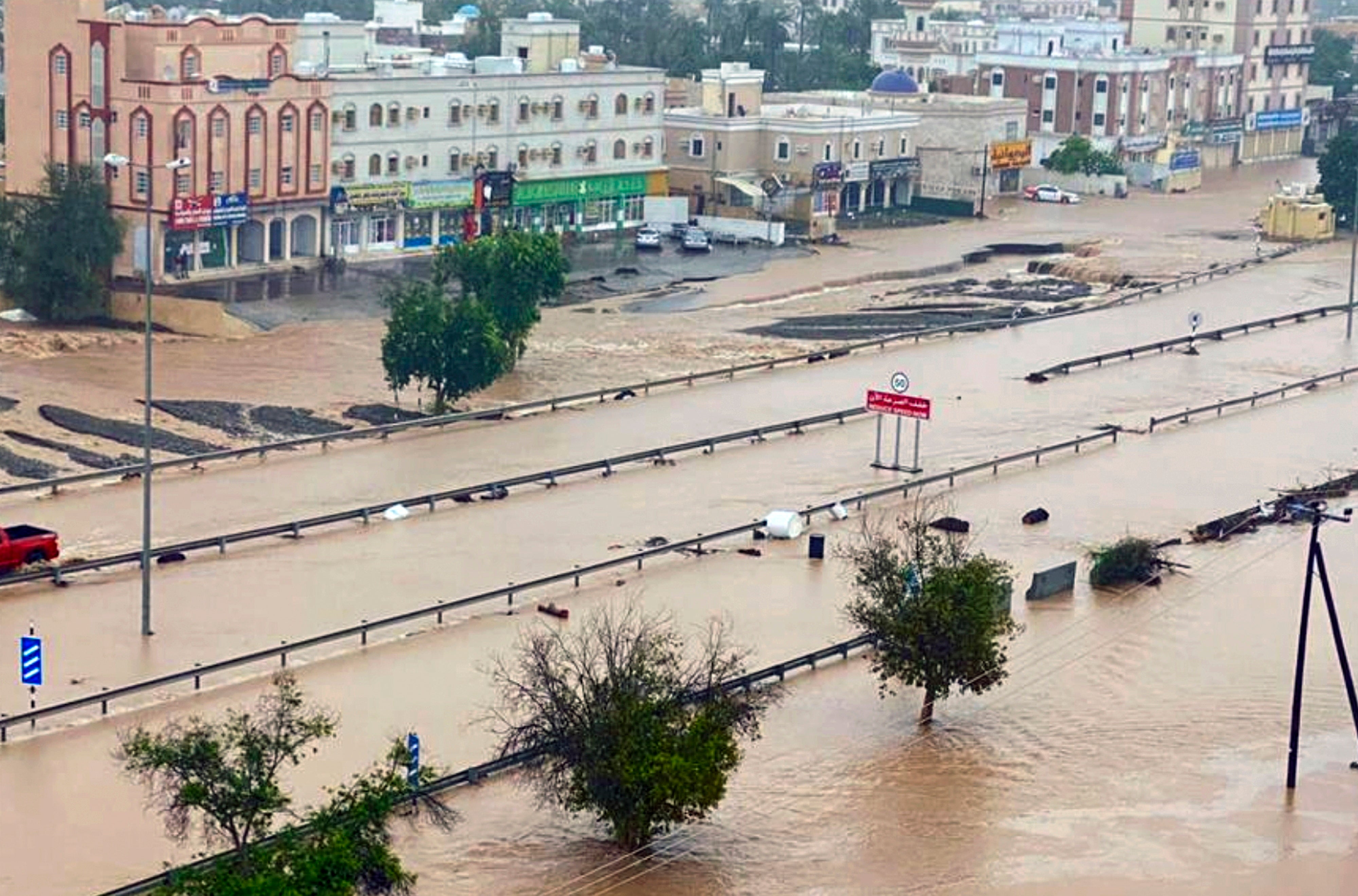Cost of climate crisis in developing world up to 10 times higher than aid pledged by richer nations, says UN
Financial aid on offer from richer countries will cover only a fraction of the burden carried by poorer countries worst affected by and least responsible for warming, analysis says


The mounting economic cost of the climate crisis in the developing world will far exceed financial assistance that has been pledged by richer nations, a UN report has warned.
The cost of climate impacts in developing countries could be up to $300bn (£220bn) per year by 2030 and $500bn per year by 2050, the analysis found.
This is between five and 10 times higher than the financial aid richer countries have pledged to support countries dealing with worsening effects of global heating.
Securing finance to help poorer nations, who have done the least to cause the climate crisis and yet face the most severe impacts, is a central aim of the Cop26 climate summit currently taking place in Glasgow.
But ahead of the conference, the UK announced that rich nations had not met a deadline to provide poorer nations with $100bn a year in climate finance by 2020.
On Wednesday, Sabra Ibrahim Noordeen, climate envoy for the Maldives, said that the $100bn was a compromise and that far greater sums of money must be pledged to aid global south countries dealing with the climate crisis.
“$100bn was only a compromise we made in hope of greater ambition to limit warming,” she said. “Currently we have neither.”
The UN Environment Programme (UNEP’s) Adaptation Gap report also found fewer than a third of 66 countries include measures to address rising climate impacts in their plans to recover from the Covid-19 pandemic.

Global temperatures have already risen by more than 1C since pre-industrial times, leading to an increase in the frequency and severity of costly extreme weather events such as heatwaves, floods and typhoons.
A snap analysis published on Wednesday found that pledges announced at Cop26 could be enough to put the world on track to limiting global temperature rise to 1.9C – an improvement on earlier estimates but still above the Paris Agreement’s aspiration of 1.5C.
Separate projections published by the International Energy Agency on Thursday said warming would be limited to 1.8C if all nations matched their net-zero pledges and stuck to plans to slash methane emissions by 2030.
But any amount of further global heating will drive worse climate impacts, meaning countries must prepare to adapt, said Inger Andersen, executive director of UNEP.
“As the world looks to step up efforts to cut greenhouse gas emissions – efforts that are still not anywhere strong enough – it must also dramatically up its game to adapt to climate change,” she said.
“Even if we were to turn off the tap on greenhouse gas emissions today, the impacts of climate change would be with us for many decades to come.
“We need a step change in adaptation ambition for funding and implementation to significantly reduce damages and losses from climate change. And we need it now.”
Prof Richard Betts, head of climate impacts research at the Met Office Hadley Centre, said the world had no option but to deal with worsening warming impacts.
“Now that climate change impacts are ramping up, we have no choice but to adapt to more extreme weather that is now occurring,” he said.
“We can still limit further increases in climate hazards if we stop dumping carbon into the air, but adaptation remains critical to keeping us safe.”
Join our commenting forum
Join thought-provoking conversations, follow other Independent readers and see their replies
Comments
Bookmark popover
Removed from bookmarks